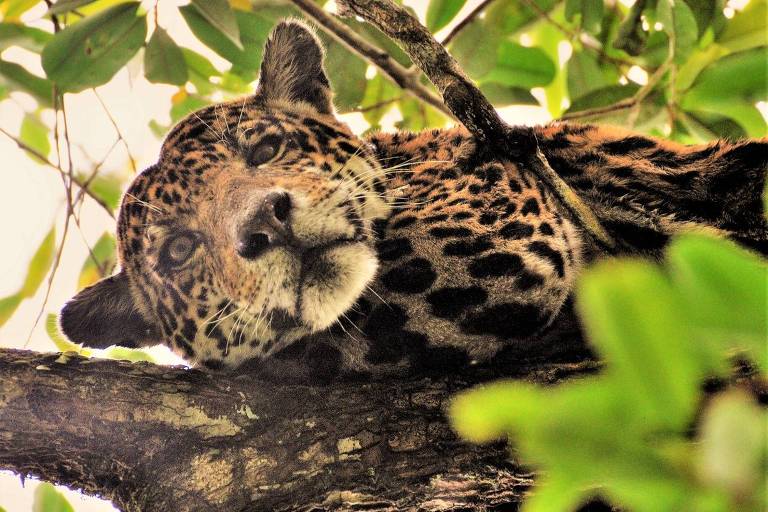Almost 60% of mammals that originally lived in Latin America have disappeared in the last 500 years, reveals the most expansive study ever made on the subject, which was by Brazilian scientists.
Moreover, this fauna's disappearance comes along with a frightening "miniaturization" - the species that are left, in general, are the smallest.
The process, known as deforestation, does not only affect deforested or burned areas. It can also occur in regions of apparently preserved forest that have undergone strong pressure from hunters.
The combination of threats made two biomes (environments) in Brazil, the caatinga and the Atlantic forest, become champions of deforestation, having lost 75% and 62% of their mammals, respectively.
Among countries, Brazil is the third most "disadvantaged," behind only Nicaragua and Honduras.
The great irony is that the least affected biome in Latin America is precisely the Pantanal (34% deforestation), which today is suffering from one of the worst seasons of fires in its history.
The team combined a series of data to arrive at their conclusions. In addition to information about the current distribution of Latin American mammals, extracted from the scientific literature between 2015 and 2020, they used estimates of what the "natural" geographic presence of these animals would be. This information comes from the International Union for the Conservation of Nature, which defines the global lists of threatened species.
They also included in the analysis a number of factors that help to estimate the hunting pressure to which the animals are subjected in each region (things like the amount of habitat preserved and the presence of areas protected by law).
Translated by Kiratiana Freelon
